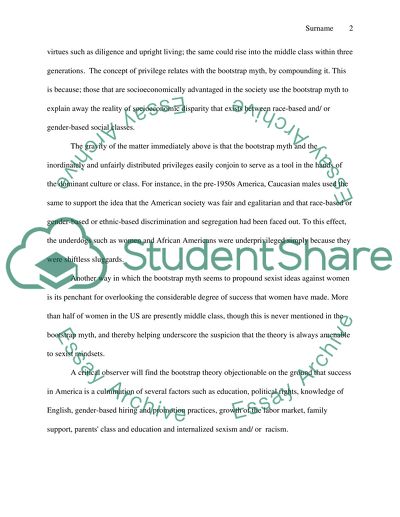Cite this document
(“White Privilege and Male Privilege Essay Example | Topics and Well Written Essays - 1000 words”, n.d.)
Retrieved de https://studentshare.org/gender-sexual-studies/1479283-white-privilege-and-male-privilege
Retrieved de https://studentshare.org/gender-sexual-studies/1479283-white-privilege-and-male-privilege
(White Privilege and Male Privilege Essay Example | Topics and Well Written Essays - 1000 Words)
https://studentshare.org/gender-sexual-studies/1479283-white-privilege-and-male-privilege.
https://studentshare.org/gender-sexual-studies/1479283-white-privilege-and-male-privilege.
“White Privilege and Male Privilege Essay Example | Topics and Well Written Essays - 1000 Words”, n.d. https://studentshare.org/gender-sexual-studies/1479283-white-privilege-and-male-privilege.


